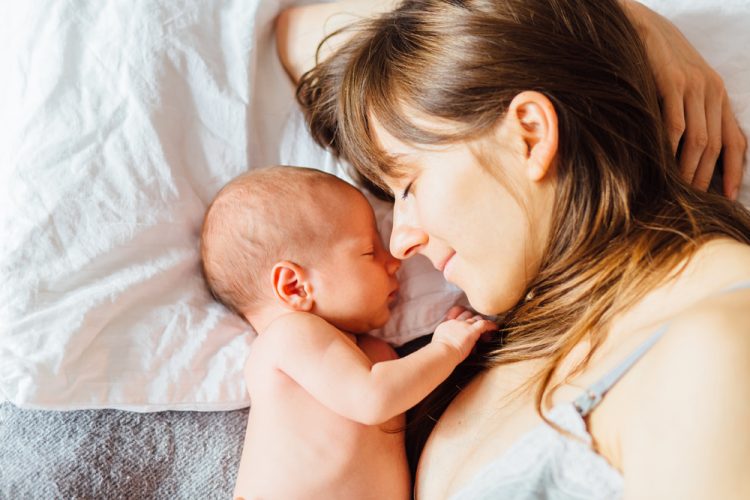
With all the changes brought upon us with COVID-19, birthing your baby in the hospital setting may have you wondering about some alternative options. If you’re considering a home birth with a midwife, there are several resources available to you. Pregnancy and birth are by design a state of wellbeing and health, and most births will happen with little to no complications. However, it is important to recognize that there are some contraindications to birthing at home and it is suggested you meet with a midwife to discuss what those are to see if you are a good candidate. When starting your research, here’s what you need to know and important questions to ask:
Qualifications and Fees
Midwives come from a myriad of training and experience backgrounds, so ask what certifications and qualifications she has earned. Some are Certified Professional Midwives, a nationally recognized license. Some are cultural practitioners, and some are direct-entry midwives that have learned from apprenticeship. Some have nursing backgrounds, some are Naturopathic doctors, and some are midwives in training. It is important to connect in on their experience and training. Be sure to also ask about their fees.
Accessibility
- How quickly does she typically call clients back?
- Is she available through email for non-emergency questions?
- How many births does she typically do in a month?
- Does she have a backup midwife in case of an emergency?
- What part of the island is she coming from?
Considerations
- Discuss your birth plan, particularly if it includes a water birth. Some midwives offer birth tubs at an additional fee.
- Ask under what circumstances she recommends moving the homebirth into the hospital.
What routine labs does she perform? - Ask what techniques they use to help if you are finding it difficult to cope with the intensity of labor.
- How many days overdue does she feel comfortable with you going before she suggests you induce?
- Often midwives have at least one assistant at the labor; if so, you will want to meet these other participants.
Resources
The Pacific Birth Collective holds monthly online meetings: Considering a Home Birth Discussion. Visit pacificbirthcollective.org and search under Community Events to sign up. You can find a list of many (but not all) midwives practicing in the resource directory.
If you are of Native Hawaiian or Pacific Islander background in need of financial assistance with your home birth, Kalauokekahuli offers scholarships to help pay for a midwife when funding allows. Apply at www.kalauokekahuli.org/support-services
Sonya Niess has a Masters in Public Health and has been a birth doula and childbirth educator of 12+ years for both home and hospital birth settings.



